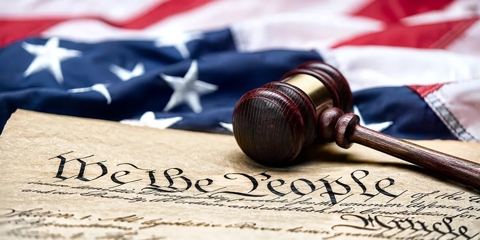The New York State moratorium on evictions is set to expire on August 31. While the new federal order halts evictions in certain counties until October 3, it only applies to residential tenants. Here’s what landlords and tenants of commercial properties need to know.
Enacted in May 2020 and extended several times, the moratorium on evictions applies to small businesses with under 50 employees that demonstrate a financial hardship resulting from the COVID-19 pandemic. It’s set to expire on August 31, 2021, and so far no legislation has been introduced to further extend it.
To prevent eviction, tenants must submit a Declaration of Hardship or other documentation detailing COVID-related lost income, attesting to the fact that they have either lost significant revenue or saw a significant increase in expenses as a result of the COVID-19.
As we stand, the courts are set to resume eviction proceedings in short order. Commercial tenants who have failed to pay their rent, have outstayed their leases, or have had their tenancies terminated, can be removed from the property.
That said, the state and local courts are already backed up with proceedings commenced during the moratorium. As of the beginning of August, in Nassau County District Court the earliest court date available for a commercial holdover proceeding is April 3. In Kings County Civil Court there are more than 1,400 motions on the docket.
If you are a landlord planning to file eviction proceedings against a tenant, be advised that you will have to wait in line after landlords who have already commenced proceedings. If you are a tenant who’s been served with a rent demand, court papers, notice to cure, or notice to terminate, you are not in immediate danger of being evicted, but now is the time to retain an attorney.
It is entirely possible that the moratorium will be extended again, but even if it is, commercial landlords are not without options. For instance, while they are prevented from evicting tenants that have suffered hardship because of the pandemic, they can still obtain money judgments against tenants and their guarantors.
Commercial tenants, conversely, can still seek the immediate assistance of the courts if they have been illegally locked out of their premises by their landlords.
If they’ve received a notice to cure without termination of the lease, they may be able to obtain a “Yellowstone” injunction from the State Supreme Court, which prevents the landlord from ending the lease prematurely and provides them the opportunity to cure any alleged default.
Force majeure—an extraordinary event or circumstance that frees one or both parties in a contract from liability or obligation—is a defense that’s likely to arise frequently in the near future, in both holdover and non-payment disputes. Each case will be judged separately by its particular merits, but commercial lease agreements will be construed carefully.
Both landlords and tenants are highly encouraged to review the terms of their leases, particularly if a disagreement exists or is expected to arise.



